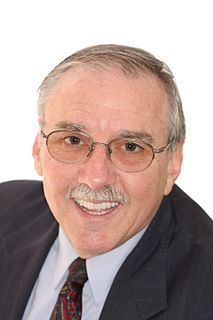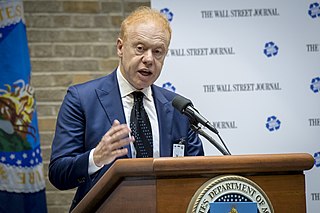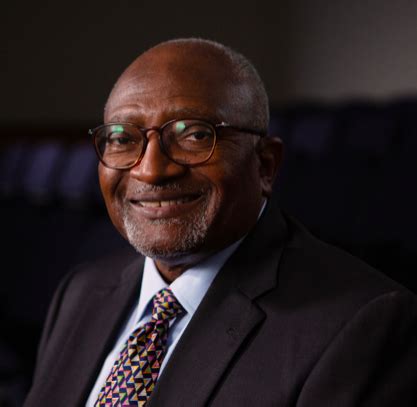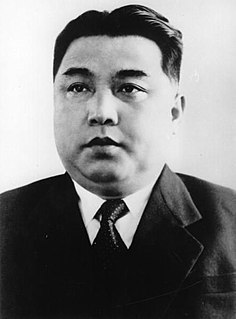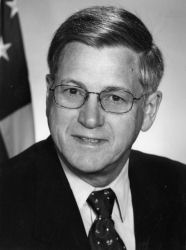A Quote by Evgeny Morozov
Simply getting a country's population online is not going to trigger a revolution in critical thinking.
Quote Topics
Related Quotes
The US is a country [in which] eighty percent of the population thinks the Bible was written by god. About half think every word is literally true. So it's had to appeal to that - and to the nativist population, the people that are frightened, have always been... It's a very frightened country and that's increasing now with the recognition that the white population is going to be a minority pretty soon, "they've taken our country from us."
A revolution is bloody, but America is in a unique position. She's the only country in history in a position actually to become involved in a bloodless revolution. The Russian revolution was bloody, Chinese revolution was bloody, French revolution was bloody, Cuban revolution was bloody, and there was nothing more bloody then the American Revolution. But today this country can become involved in a revolution that won't take bloodshed. All she's got to do is give the black man in this country everything that's due him, everything.
The bigger the population gets, the more serious the problems become... We have to address the population issue. The United Nations, with the U.S. supporting it, took the position in Cairo in 1994 that every country was responsible for stabilizing its own population. It can be done. But in this country, it's phony to say 'I'm for the environment but not for limiting immigration.'
Writing by myself, I spread that out more. I'll spend more time on a song then. I'm more critical about it, because there's no one else in the room to tell me, 'That's really not translating. I'm not getting what you're saying.' So, I'm constantly rewriting it, thinking, 'No, that's fine,' and going back.
An environmental revolution is taking shape in the United States. This revolution has touched communities of color from New York to California and from Florida to Alaska - anywhere where African Americans, Latinos, Asians, Pacific Islanders, and Native Americans live and comprise a majority of the population. Collectively, these Americans represent the fastest growing segment of the population in the United States. They are also the groups most at risk from environmental problems.
One thing that's really interesting is not only the magnitude of the recent immigration into this country, but also its distribution and its investment in the country. About 9.3 percent of the population is now foreign-born [announced by the Census Bureau at over 10 percent a few days later]. What's really surprising is how well distributed those population groups are. Historically, we see new immigrants primarily on the coast and in a few big cities. I think the data are going to show a much wider distribution of the new population groups than we've experienced historically.








